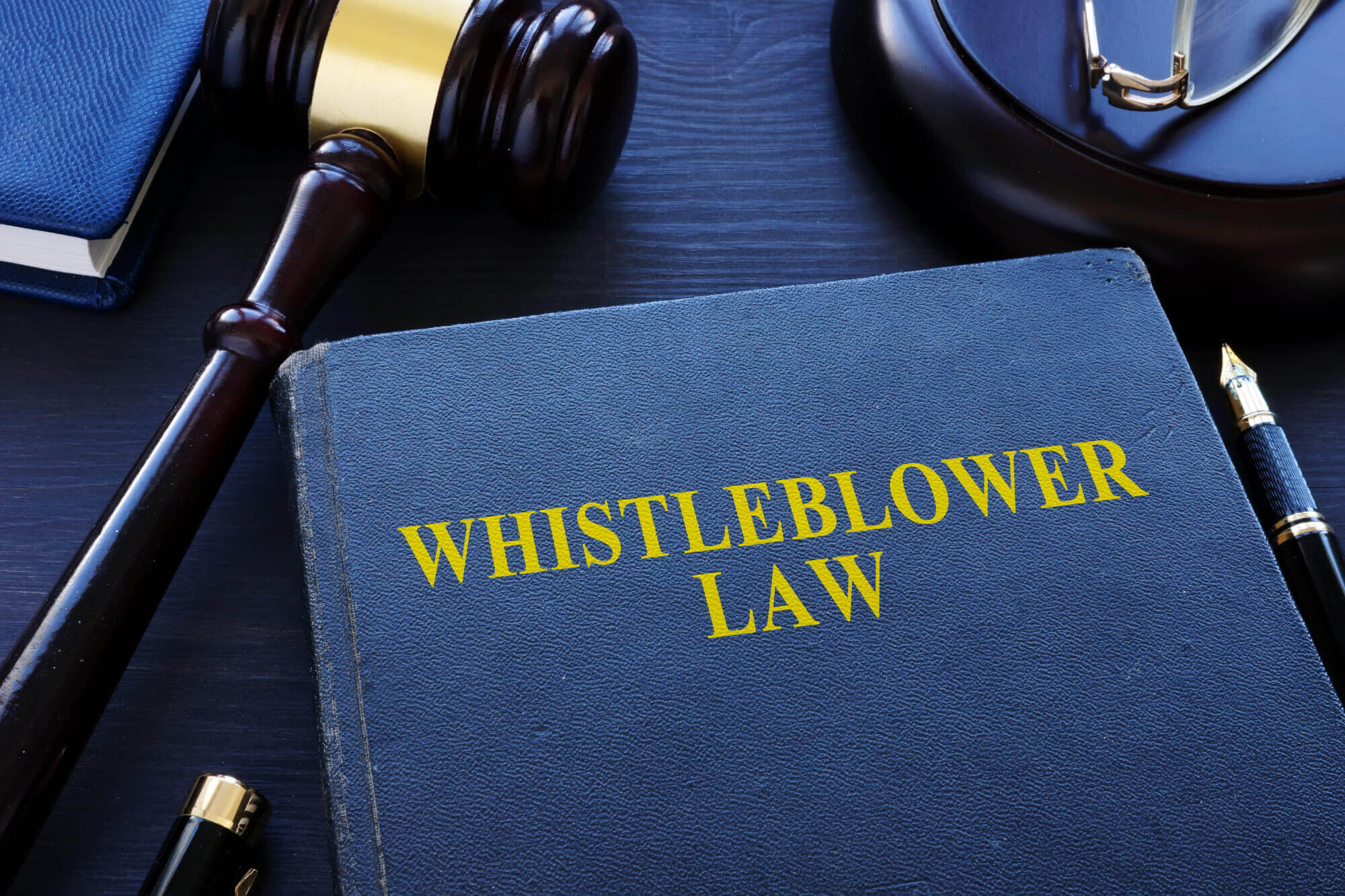The Importance of Whistleblower Laws
Several employment laws protect the rights of workers who take this type of action. These laws protect employees from adverse employment actions. Companies that disregard these laws and attempt to punish whistleblowing personnel can face serious legal penalties.
Adverse Employment Actions to Protect Yourself From
Adverse employment actions in response to whistleblowing are retaliatory measures taken by employers against employees who report misconduct, illegal activities, or unethical behavior. Common examples include:
- Termination: Firing the whistleblower outright is one of the most severe forms of retaliation.
- Demotion: Reducing the employee’s rank, responsibilities, or pay as a punitive measure.
- Harassment: Subjecting the whistleblower to verbal abuse, intimidation, or a hostile work environment.
- Reduction in Hours or Pay: Cutting back on the employee’s work schedule or salary as a form of punishment.
- Exclusion: Isolating the whistleblower from meetings, projects, or workplace activities.
- Negative Performance Reviews: Giving unwarranted poor evaluations to damage the employee’s record.
- Denial of Promotions or Benefits: Blocking career advancement opportunities or withholding bonuses and perks.
- Reassignment: Moving the whistleblower to less desirable roles, locations, or shifts.
- Disciplinary Actions: Issuing baseless warnings, write-ups, or other formal reprimands.
- Constructive Discharge: Creating intolerable working conditions to force the employee to resign.
These actions are often illegal under whistleblower protection laws, such as the Whistleblower Protection Act or similar state and federal regulations, which aim to safeguard employees from retaliation.







